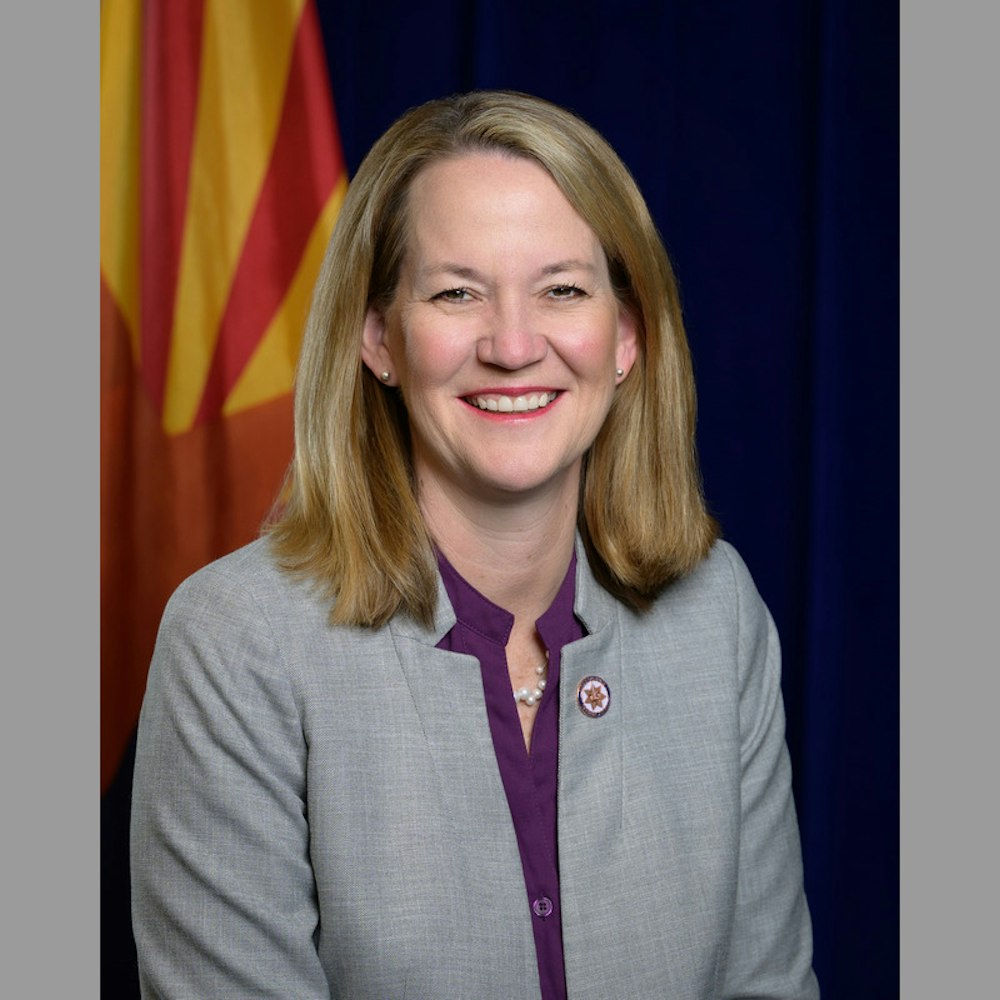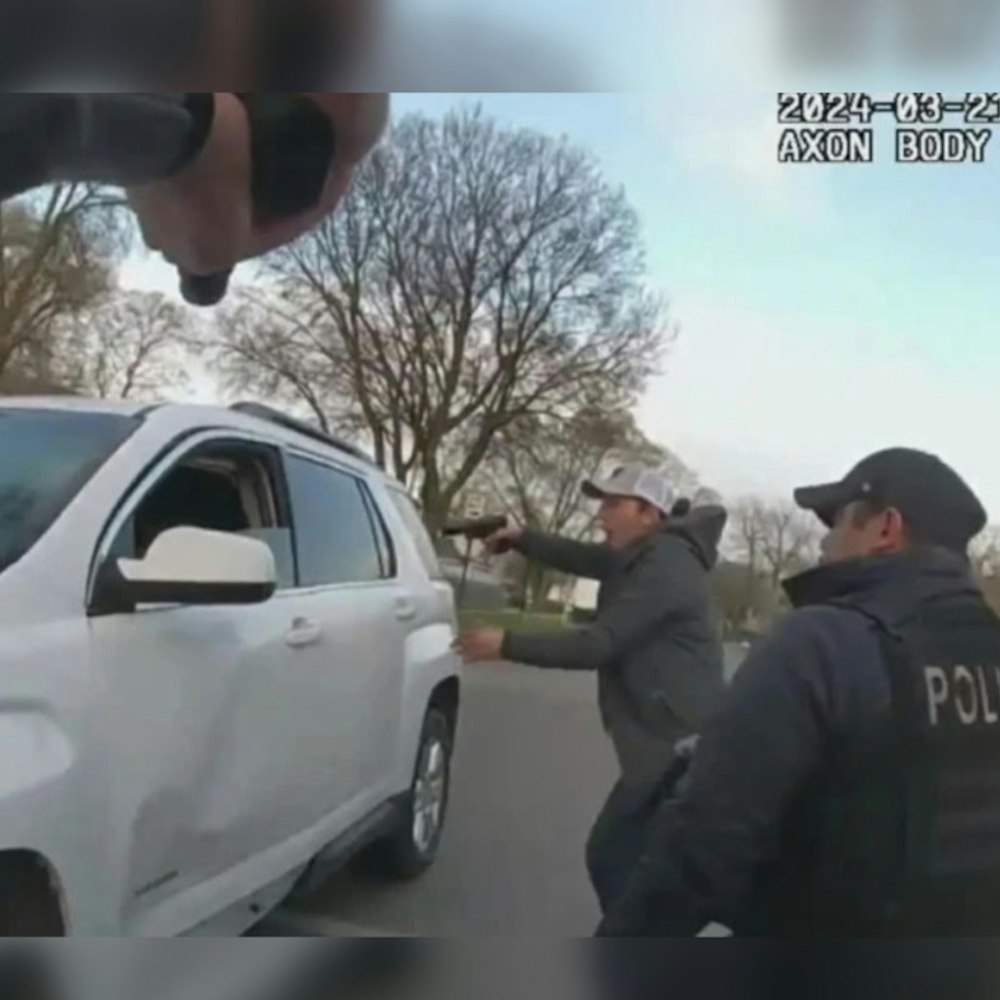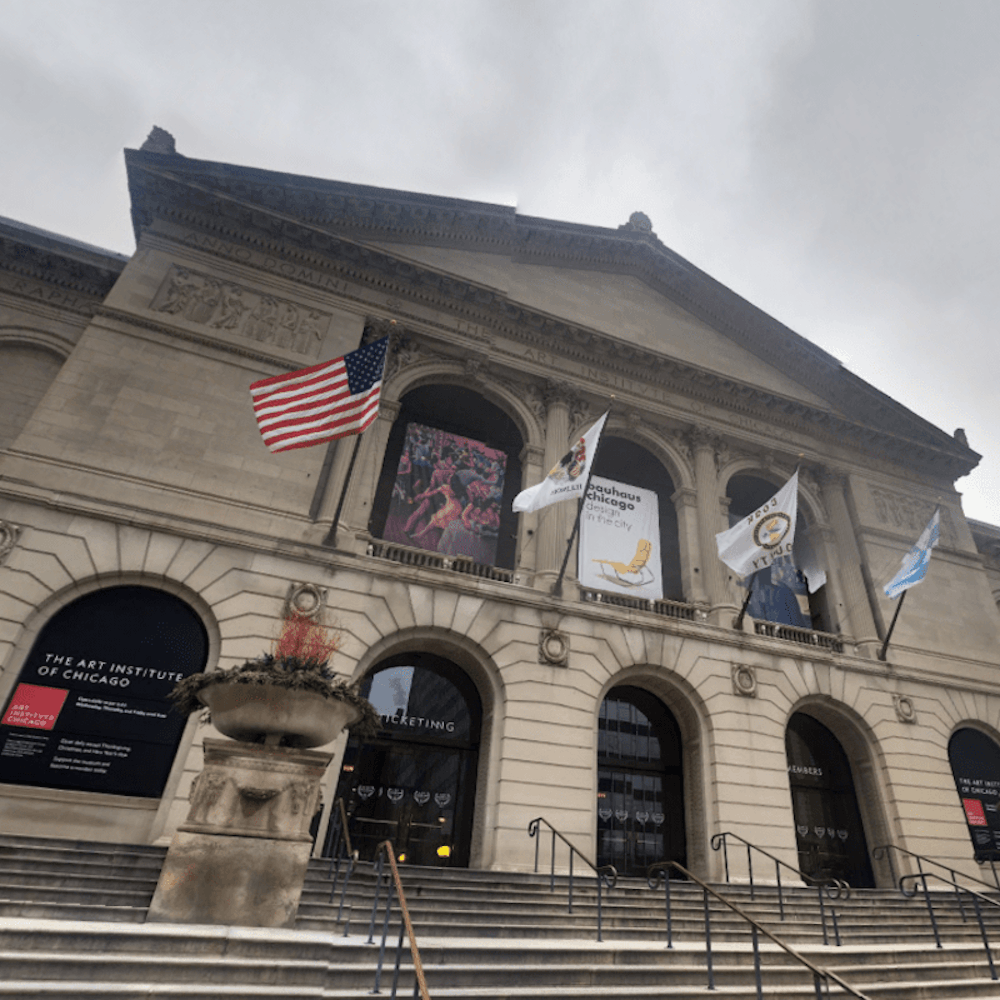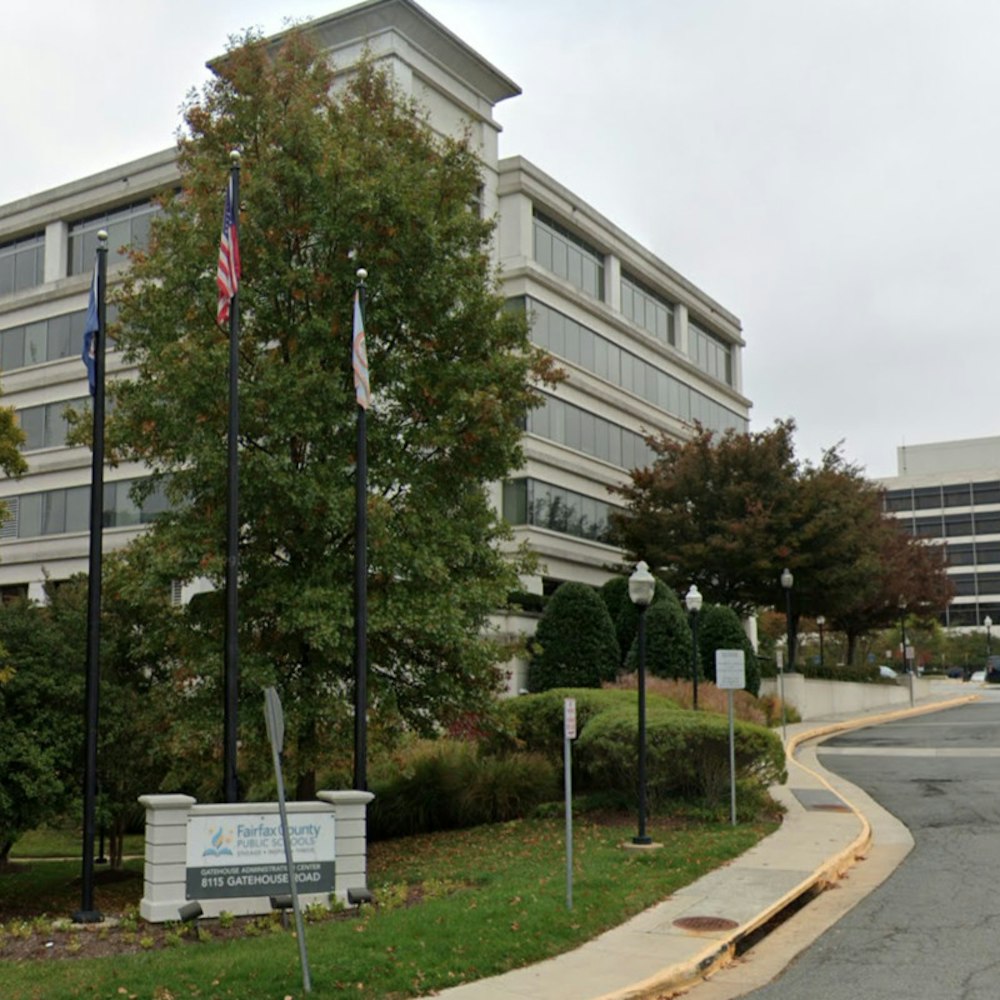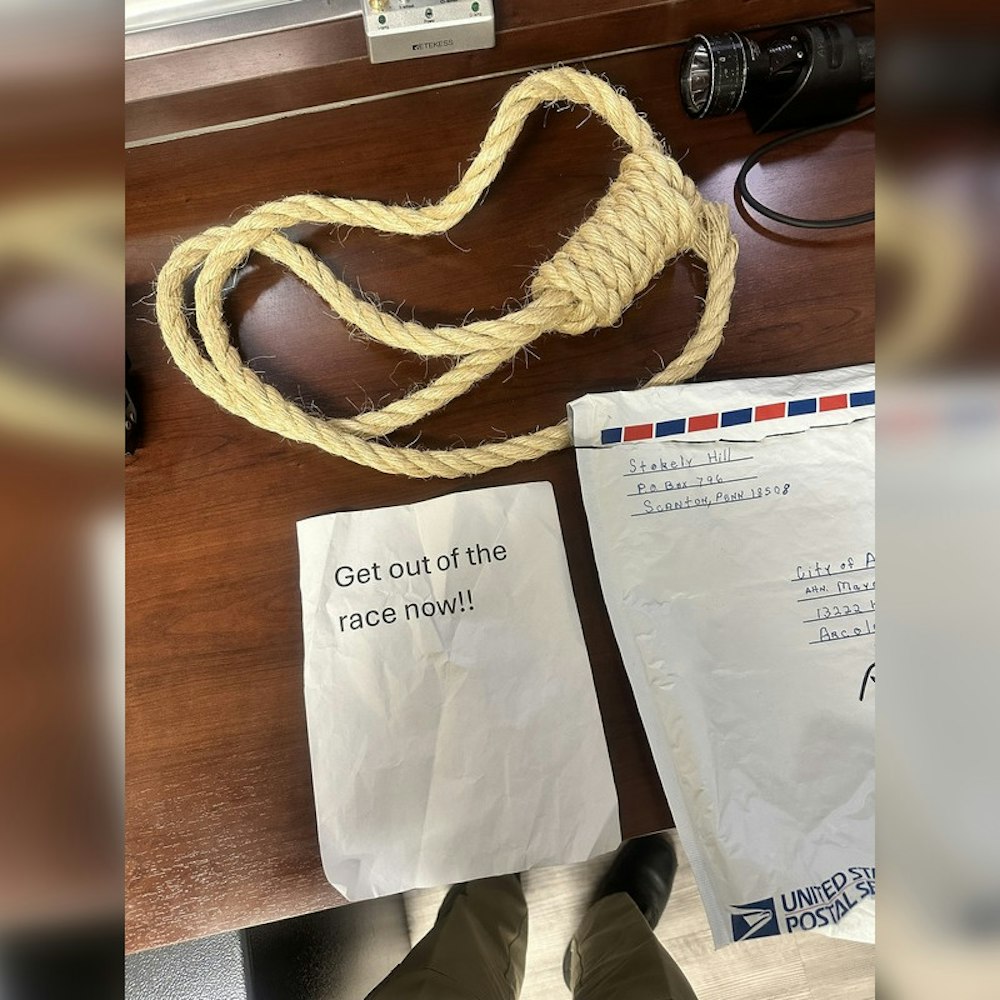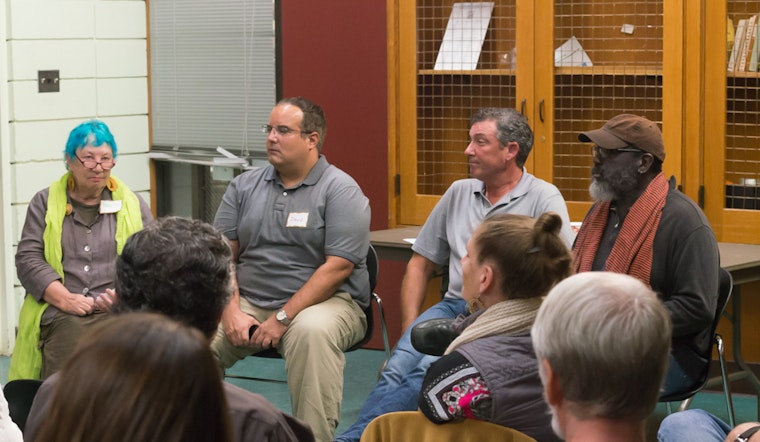
Over two dozen Inner Sunset residents and business owners packed the Garden Club room of the County Fair Building on Monday evening for the Inner Sunset Park Neighbors' quarterly town hall forum. The discussion, "Forum On Local Businesses," was moderated by Hoodline's Inner Sunset editor, Walter Thompson, and featured David Zimmerman, president of the Inner Sunset Merchants Association; Terry Trevino, local commercial real estate broker; and Madeline Behrens-Brigham, a Hayes Valley neighborhood activist who came across town to share her experiences with the group.
After some snacks and socializing, ISPN president Martha Ehrenfeld kicked off the agenda with some opening remarks. She then turned things over to Thompson, who posed his first question to the panel. "Are the current Planning Department controls and policies that are designed to protect the character and legacy of the Inner Sunset Commercial District working well?" he asked.
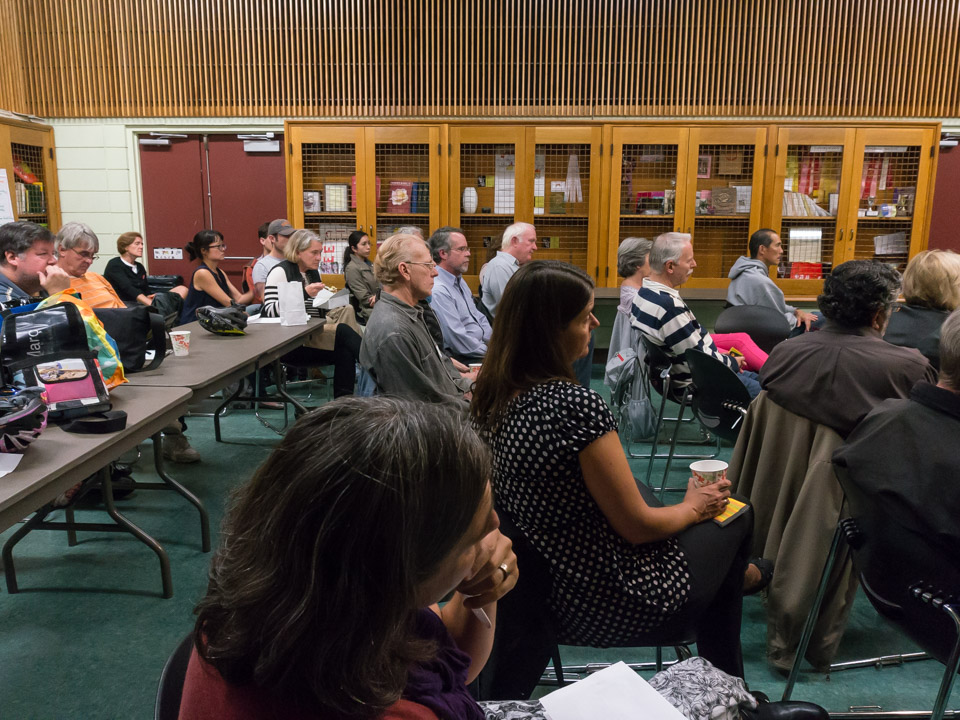
Zimmerman, who also owns Blackthorn Tavern on Irving Street, had mixed reviews. "The neighborhood has retained much of its charm over the years, so to some degree, the policies are effective. It's not a perfect system, however, and there are plenty of businesses here now where people question why they're here."
Trevino added that he's seen plenty of instances where building owners may not be doing their due diligence when choosing businesses. It's completely understandable that an owner might not understand how every rule and permit and zoning designation affects their situation, he said, but "it only takes a phone call to the Planning Department to find out."
Zimmerman agreed that better communication between different groups was necessary, and that groups representing the merchants, residents, landlords, and city all needed to work together to prevent violations from slipping through the cracks.
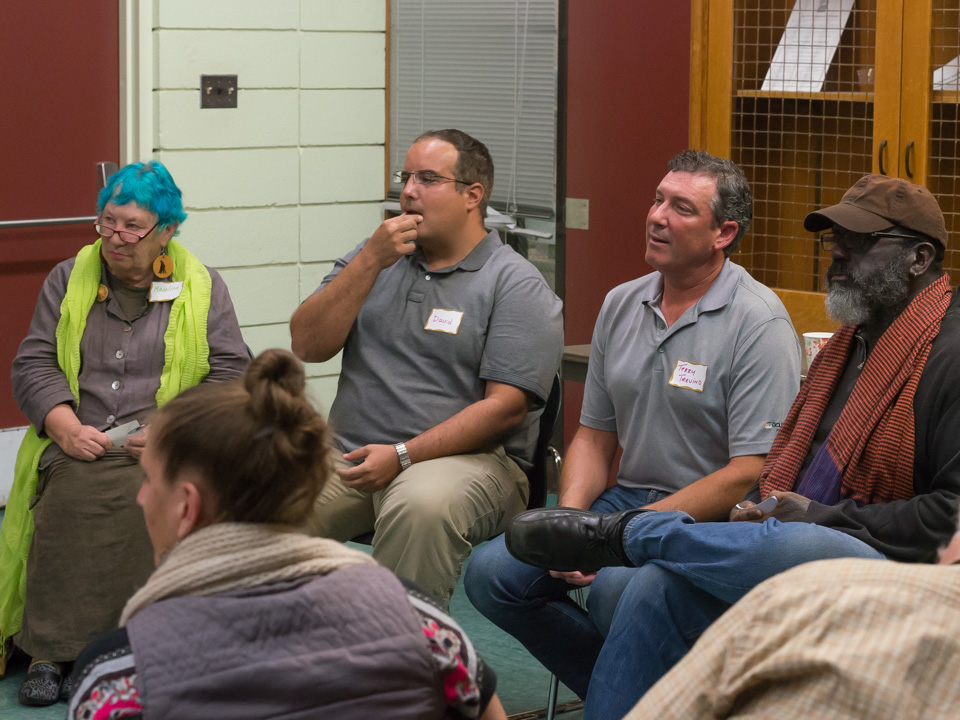
Rising commercial rents are also an increasingly important factor for many small businesses. "There's no such thing as commercial rent control," Behrens-Brigham said. "It's hard to blame a landlord who realizes the high rents that neighboring owners are getting from trying to do the same."
Most retail businesses in the Inner Sunset do not own the buildings in which they're housed, putting almost all of them at the risk of higher rents as their current leases expire. Aside from the Little Shamrock on Lincoln Way, no one on the panel could think of a business in the neighborhood that was immune. Trevino pointed out that the way many commercial leases are written these days could lead to a mass turnover of businesses in three to five years, when the current leases expire.
Another topic was disappearing service businesses in the Sunset, particularly grocery stores. Zimmerman reflected on the loss of Park's Market on Irving Street at 10th Avenue, adding that as much as he missed it, he understood there was no viable way for a green grocer to afford the rent of a newly redeveloped building. "We lost something that was valuable to us," an audience member said.
A quick poll of the audience showed that approximately two-thirds of attendees shopped for their groceries in the Inner Sunset, and about a third traveled to other parts of the city to do their food shopping. Andronico's and the Sunday farmers' market were the most popular with the group, though the panelists noted that neither were affordable to those on limited incomes.
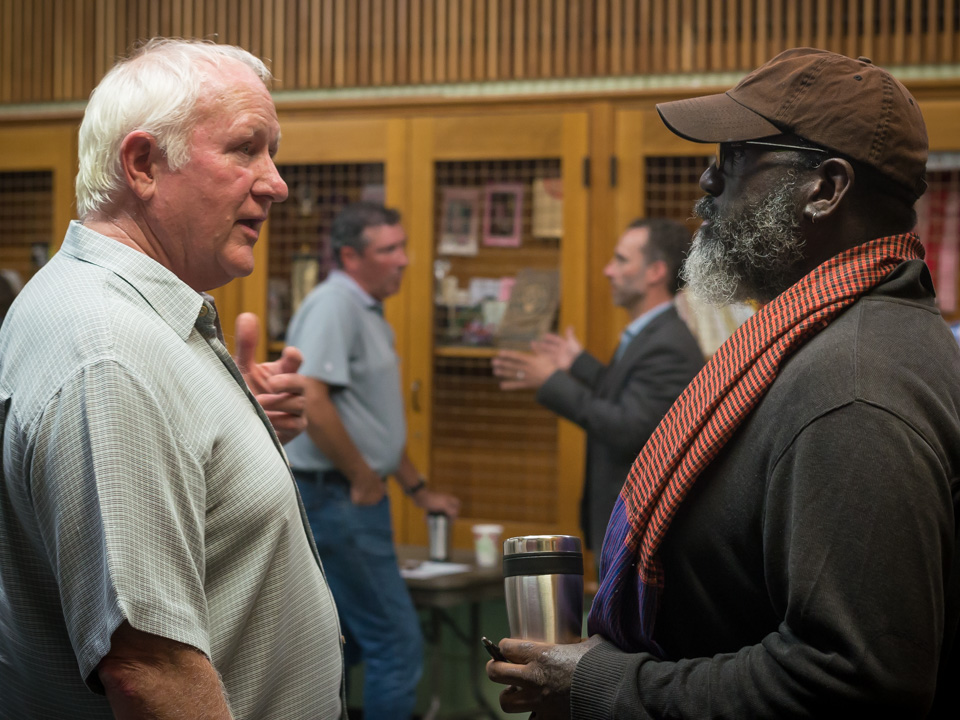
Chris Duderstadt of The Public Bench Project speaks with Walter Thompson after the forum.
With over 70 restaurants in the Sunset, but only a handful of places to buy ingredients to cook at home, the changing demographics of the neighborhood may be to blame. "People are eating out more, and the younger crowd with jobs are having food delivered," said Trevino. "Their habits are different than the generation before."
Some types of services may also fall out of demand. The oldest business in the neighborhood is the shoe-repair shop on Irving Street, but "there are types of businesses that may not stand the test of time," said Trevino. When asked if more government intervention was needed, the panel wasn't sure, noting other neighborhoods, such as the Fillmore, where such intervention hadn't necessarily gone according to plan.
Behrens-Brigham said that Hayes Valley's success in keeping out formula retail came from enacting tight restrictions. "We don't have any banks or real estate offices in ground floor spaces," she said. "Banks provide useful services, but they are formula retail establishments, and open the door to others in the future."
Members of the audience shared their concerns for the Sunset's business climate as well. One local resident urged attendees to look into the potential effects of the proposed density incentives to landlords and developers, suggesting that while they might add affordable housing, they'd likely also decrease affordable commercial spaces and put existing local shops out of business.
Another pointed out that while the west side of the city has had much success resisting density and development over the past few decades, the rest of the city and the municipal government would be looking to the Sunset in the future to share the burden of the rapidly developing city.
To conclude, the panel discussed the upcoming 150th anniversary of Golden Gate Park, which will occur in 2020. Some in the neighborhood have expressed interest in redefining the Sunset as a gateway to the park during the forthcoming celebrations. "If we're going to raise the money and get the backing of the city on this, we're going to need to start working on this soon," one audience member said.


